Keywords: Welcome
There are more than 200 results, only the first 200 are displayed here.
-
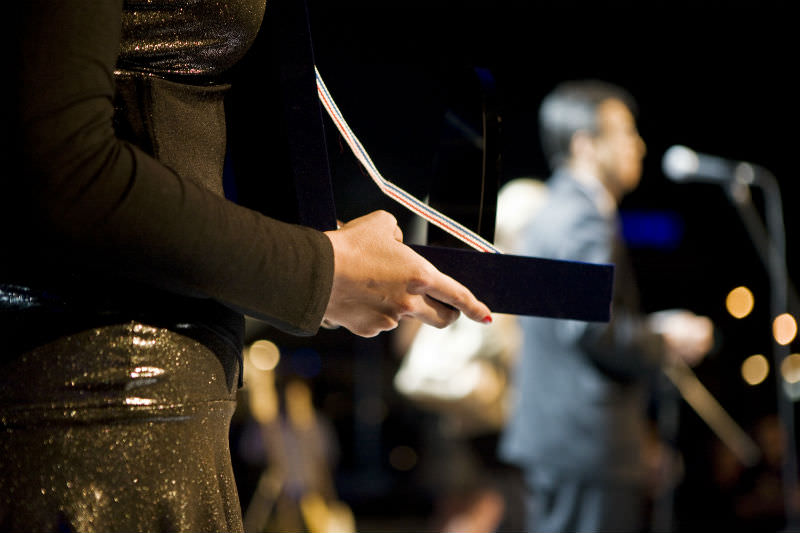
AUSTRALIA
- Andrew Hamilton
- 05 February 2020
7 Comments
The great significance of the change may lie in its confirmation that the churches no longer have the central place in Australian society they once enjoyed. This is now being reflected in public ceremonial. The public sphere is now more thoroughly secular and loosed from the moorings of its historical traditions.
READ MORE 
-

ARTS AND CULTURE
- Ross Jackson
- 03 February 2020
With blazes nearby, TV news bars well on fire, we human animals are panicked, feel the shudder of rotors above our roofs. Very soon thirsty helitankers will thunder down to drink from our neighbourhood lake. May we remember tomorrow, nothing will be more worried than pelicans in broken reeds, the night heron in its naked tree.
READ MORE 
-

ARTS AND CULTURE
- Marlene Marburg, Grant Fraser
- 16 December 2019
3 Comments
It rose in its tall verticals from the grace and welcome of the earth, / That swooned far, far below, / As canny masons hefted the limestone / Into vast beatitudes of grace; / Shipwrights inverted their minds to groom the oak, / So that it would soar, / As if a celtic monk had charmed a serpent into a holy phrase.
READ MORE 
-
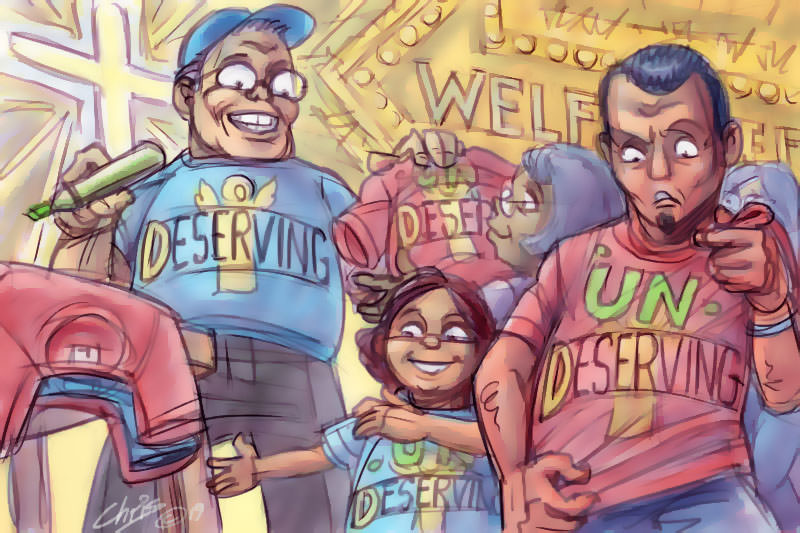
FAITH DOING JUSTICE
- Toni Hassan
- 29 November 2019
31 Comments
His government continues to support, with massive subsidies, extractive and exploitative industries that undeniably warm the planet and threaten the natural environment. How can this be a legitimate perspective as a publicly-confessing Christian? Why would this shepherd not want to move all of us to safer ground?
READ MORE 
-

RELIGION
- Andrew Hamilton
- 12 November 2019
22 Comments
Might the experience of humiliation open the possibility of turning out to others instead of in on oneself? Might it seed compassion for others in their humiliation, and lead in turn to a society more sensitive to the wounds that humiliation causes both to the humiliated and the bystanders?
READ MORE 
-
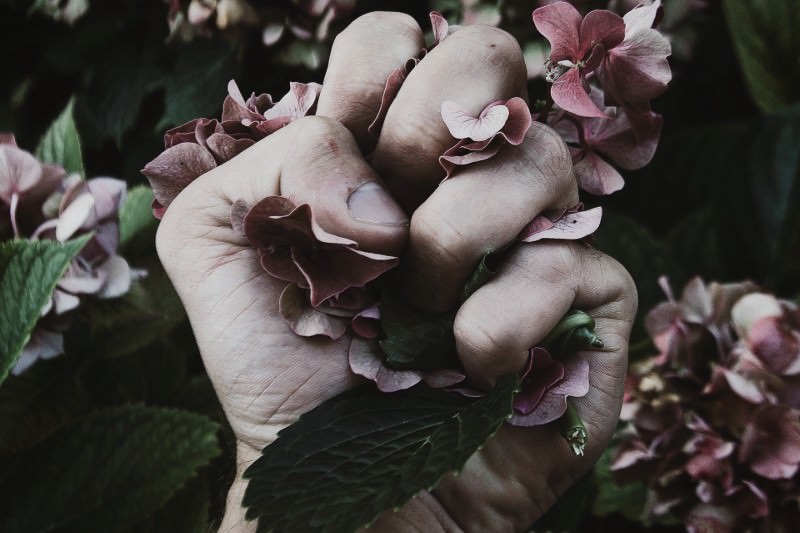
RELIGION
- Andrew Hamilton
- 30 October 2019
12 Comments
It may seem paradoxical that one of the most effective ways of imposing silence is by imposing noise. The Romans did it with bread and circuses. More modern totalitarian regimes have done it with military processions and massive rallies. Governments in contemporary democracies do so by controlling what is fed to the media.
READ MORE 
-
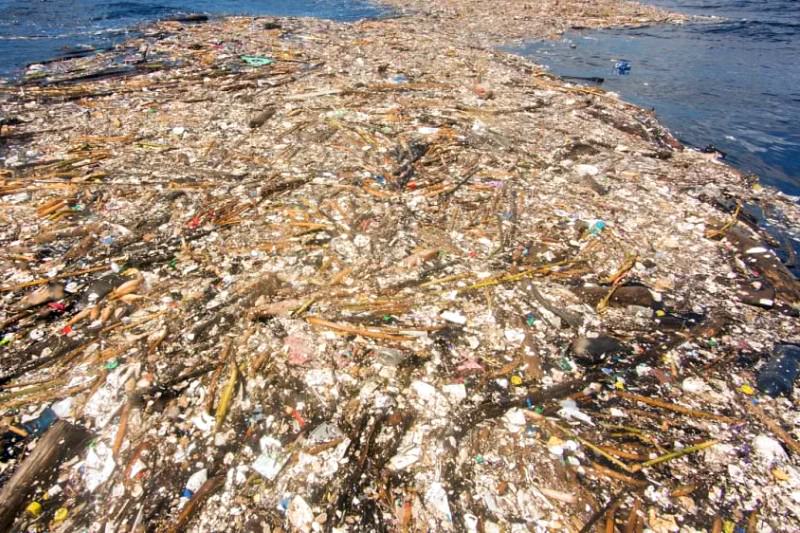
ENVIRONMENT
- Cristy Clark
- 24 October 2019
4 Comments
In a time when bad news stories seem to abound, it is welcome news that someone's audacious plan to tackle a seemingly insurmountable environmental problem is having such success. Of course, Slat's clean-up project is just a drop in the ocean (if you'll excuse the pun) in relation to fixing our global problem with plastic waste.
READ MORE 
-

AUSTRALIA
- Bree Alexander
- 23 October 2019
3 Comments
There is still a long way to go before Australian society is free of mental health stigmas and adequate services are funded and accessible. This is especially important for Australians who are at the intersections of multiple oppressions. But there has been progress, as a number of recent initiatives illustrate.
READ MORE 
-
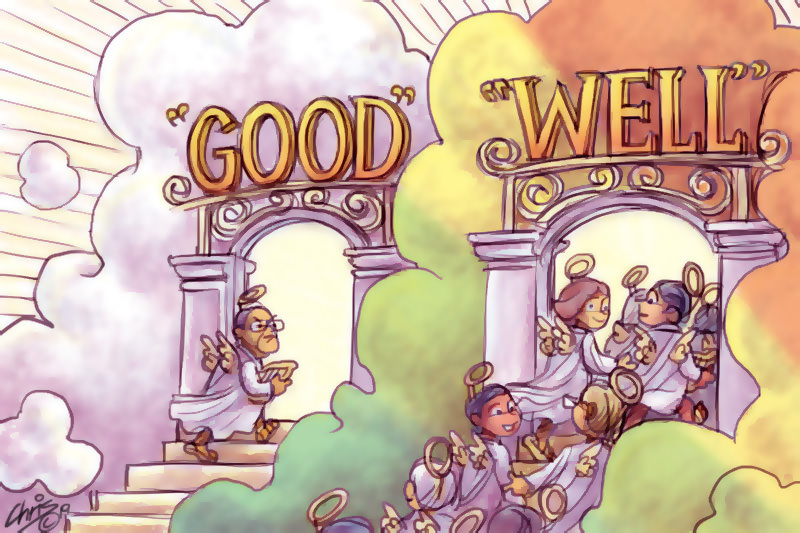
RELIGION
- James Boyce
- 05 October 2019
28 Comments
When I was a child and was asked 'How are you?', only once did I reply, 'I am good'. I still remember the rebuke from my Aunty Ivy, who explained that it is not for me to judge if I am 'good'; better to opt to be 'well'. She would be cross were a prime minister to go around asking 'how good' we are.
READ MORE 
-

AUSTRALIA
- Bree Alexander
- 26 September 2019
2 Comments
I was heartened by the announcement Gordon Legal is pursuing a class action for robodebt victims. I am one of hundreds of thousands of people who has gone through the robodebt process. I too felt the exercise of a reverse burden of proof; guilty until proven innocent.
READ MORE 
-
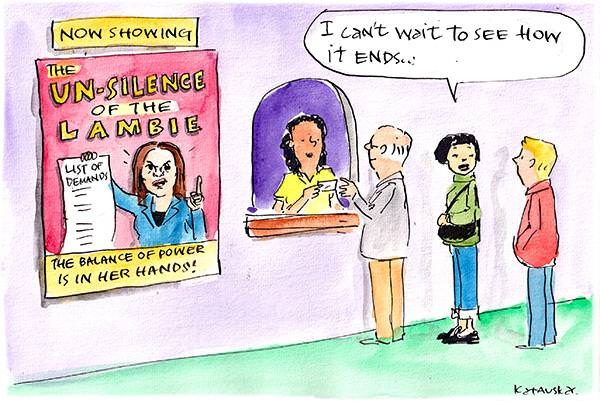
AUSTRALIA
- John Warhurst
- 17 September 2019
8 Comments
Serendipity is defined as the gift of finding valuable things in unexpected places by sheer luck. It is a good description of Tasmanian Senator Jacqui Lambie in Australian politics. But there is a sting in the tail. A system which depends on serendipity potentially also has a big downside.
READ MORE 
-

RELIGION
This year marks the centenary of British forces landing in Russia to fight the Bolsheviks. Now, Russia is generally agreed to be interfering in liberal democracies around the globe. A Jesuit priest serving as a chaplain to the British forces helps illuminate this oft-neglected story, and reveals a bit of how the Church was adapting.
READ MORE 